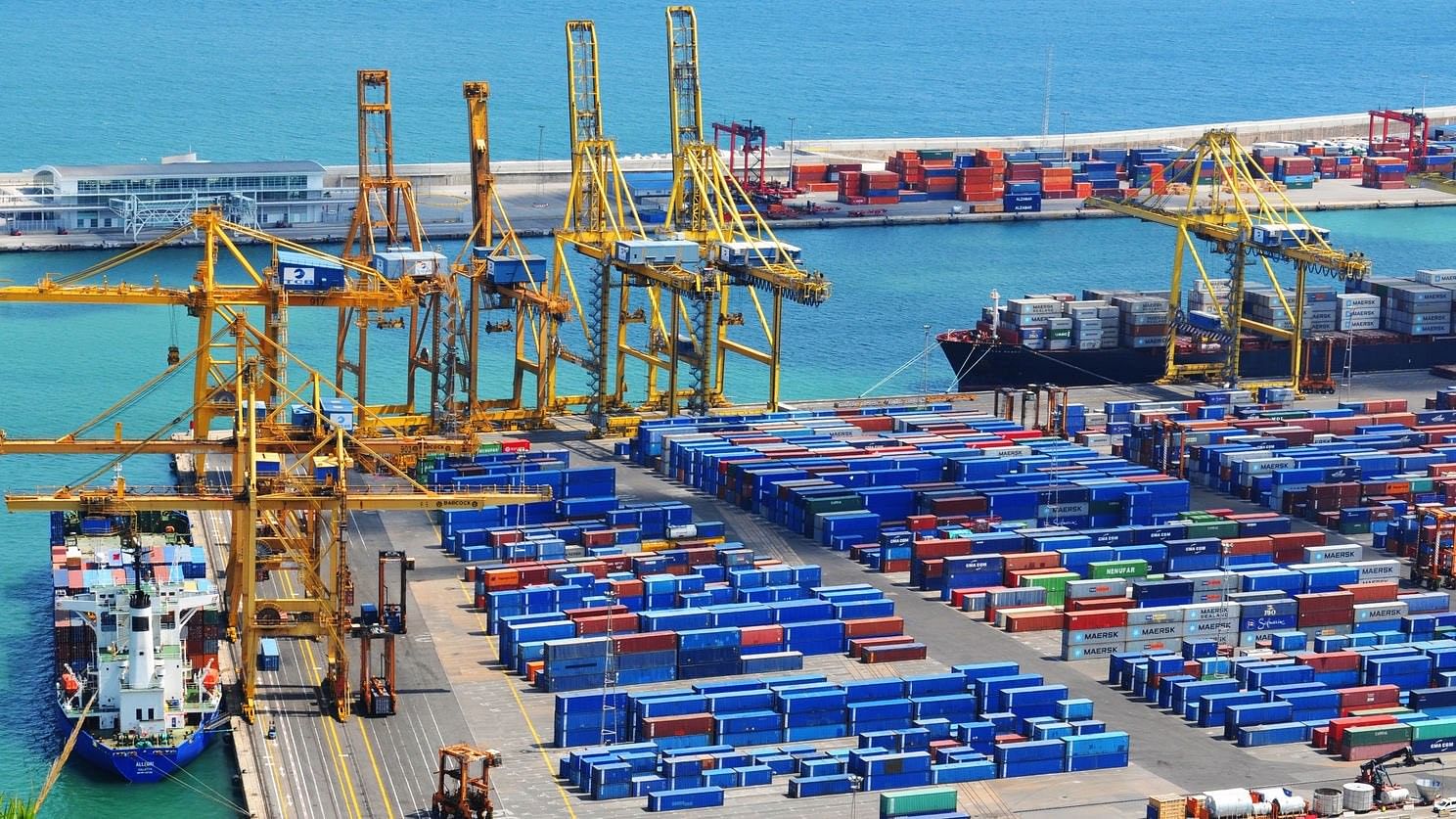
Iran's Chabahar port.
Credit: X/@TonySeruga
It was only months ago that euphoric cheerleaders in Delhi pronounced the Chabahar port passé, and the India-Middle East-Europe Corridor (IMEC) became the new idea whose time had come. But in the present geopolitical heaves across the world, nothing is over until it’s over.
Israel’s no-holds-barred war in Gaza has upset many calculations. IMEC may yet survive the cruel toll Israel has inflicted on Palestinian civilians for the October 7 Hamas attack, but India has realised that it cannot wish Iran away with every snap of fingers in Washington.
The Houthi barrage on ships in the Red Sea and in the waters of the Gulf of Aden saw External Affairs Minister S Jaishankar hotfoot it to Tehran. Chabahar was among the matters discussed. The Iranian side is said to have complained about the delays from the Indian side and even demanded compensation.
Jaishankar had tweeted then that the two sides had discussed a long-term framework for India’s involvement in Chabahar. He even declared that Farsi (Persian) would be included as one of India’s classical languages.
It is interesting that India’s 10-year deal to operate one of the terminals at the port was sealed at a time when Delhi is also negotiating the release of the Indian crew who were on an Israeli ship boarded by personnel of Iran’s Islamic Revolutionary Guard Corps in April.
Six of the crew, including one woman, have been set free. Six remain in Iran’s custody and Delhi is clearly working behind the scenes to ensure they return quickly.
A decade is nothing for a lease to operate a foreign port in an era of China’s 99-year leases, but Delhi has agreed to invest over $300 million, a third of which will be put up by India Ports Global Ltd, an Indian special purpose company.
Back in 2003, when India was gung-ho about working in Afghanistan under the US umbrella, India’s initial Chabahar trade and transit agreement with Iran was seen as Delhi’s way to thumb its nose at Pakistan’s refusal to give overland access for trade with Afghanistan.
This still remains a good-enough reason. India continues to trade with Taliban-ruled Afghanistan. With the Afghan-Pakistan border beset by problems, and Iran-Taliban relations good, the Taliban have publicly stated they want to use the Chabahar route for exports to India. It was also seen as a gateway to Central Asia, but Russia’s war in Ukraine has seen the Moscow-led International North-South Transport Corridor not get as much attention.
China is fast filling the vacuum that Russia has left in the region. However, Chabahar’s strategic importance to India is more than transport and transit. The Trump administration had carved out an exception for India’s Chabahar project from US sanctions on Iran, but the Biden administration has signalled differently. How Delhi manage this remains to be seen.